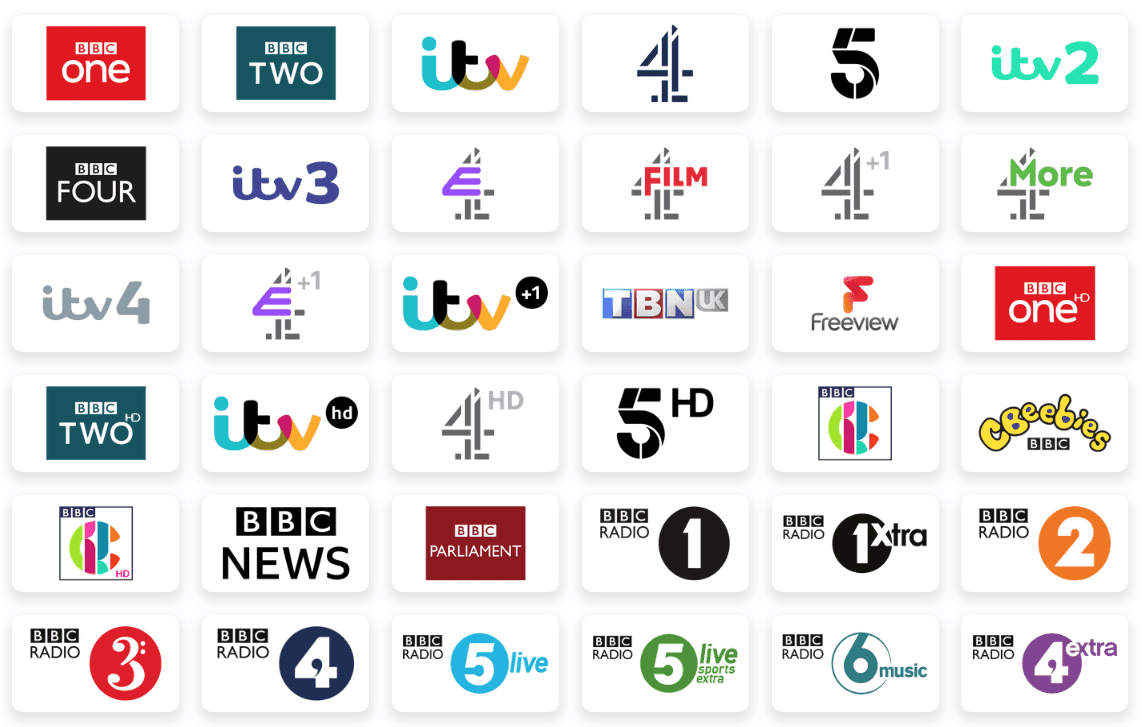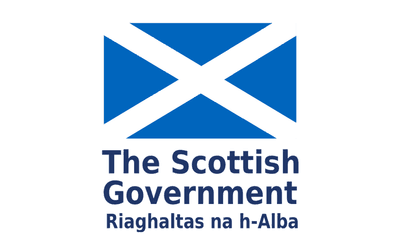UK’s TV switch-off plan ‘could leave 10 million people without live channels’
Millions of households could lose access to live TV under government plans to move all UK broadcasting online in the 2030s, according to new research seen by The Observer.
An upcoming report by media analyst Mathew Horsman warns that up to 5.4 million homes – around 10 million people – could be left without access to free-to-air channels if the government retires traditional TV transmitters and shifts fully to internet delivery.
The government’s current modelling assumes that by 2040, 95% of homes will be watching TV via broadband, leaving just 1.4 million people – mostly older or lower-income viewers – still reliant on Freeview or other terrestrial platforms.
But Horsman’s analysis challenges that optimism, suggesting that broadband affordability, patchy rural coverage and digital exclusion will remain major barriers for years to come. He warns that the switch-off is being driven faster by politics and regulation than by real-world readiness.
The research was commissioned by Arqiva, which runs the UK’s network of TV transmitters, though Horsman told The Observer that the company did not influence his findings.
Under current government thinking, the terrestrial switch-off could happen around 2035, coinciding with the end of Channel 4, Channel 5 and ITV’s public service broadcasting licences and their transmission contracts with Arqiva. The BBC’s deal runs until 2030, with its next Charter review due in 2027.
Ofcom has urged ministers to make a clear decision by 2026, saying early clarity is vital to ensure an “inclusive transition”.
However, Horsman’s figures suggest that without a national plan to support affordability and inclusion, millions could be left behind – with no access to live TV at all once the signal goes dark.



